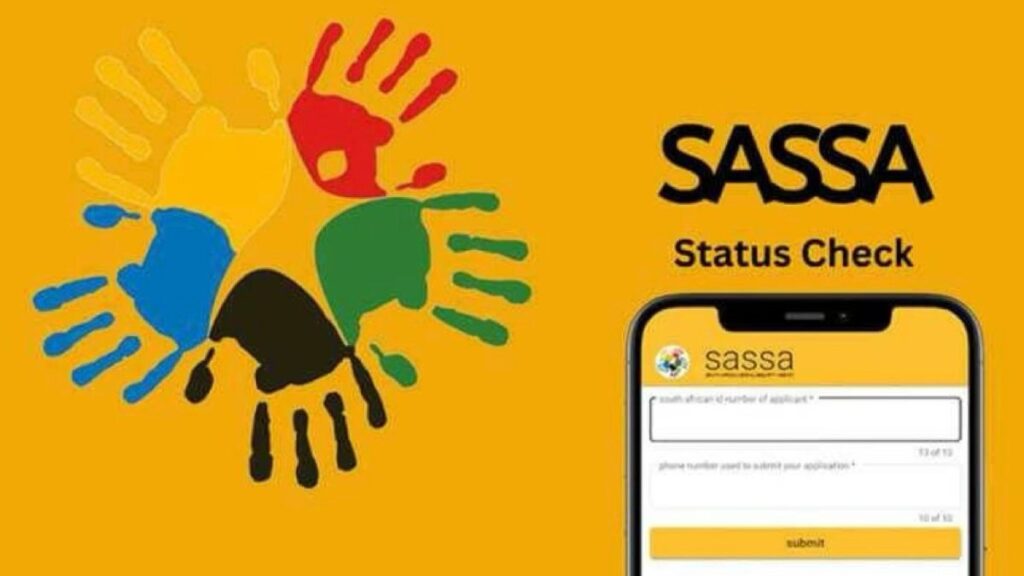If you’ve applied for a SASSA grant and are still waiting for a response—or worse, received a rejection—you’re not alone. Many South Africans face delays or denials when applying for SASSA grants, including the popular SRD R350 grant.
Understanding the common reasons your SASSA grant application is delayed or declined can help you resolve issues quickly and improve your chances of approval in future applications.
1. Incomplete or Incorrect Information
What Happens?
SASSA requires accurate personal and financial details for all applicants. Missing documents or incorrect data—like a wrong ID number, misspelled name, or incorrect contact details—can immediately lead to rejection or processing delays.
How to Avoid It:
- Double-check every field on the application form before submitting.
- Use your full name exactly as it appears on your South African ID.
- Ensure your contact number and banking details are valid and match your ID.
2. Duplicate Applications
What Happens?
If you apply multiple times for the same grant—especially the SRD R350 grant—SASSA’s system may flag it as a duplicate. This can either delay processing or lead to automatic rejection.
How to Avoid It:
- Apply only once per grant cycle.
- If you’re unsure whether your application was successful, use the SASSA status check tool instead of reapplying.
3. Existing Income or UIF Registration
What Happens?
For means-tested grants like the SRD R350, any form of income can disqualify you. If SASSA detects bank deposits or if you’re registered for UIF (Unemployment Insurance Fund) or with SARS, your application might be declined for “alternative income source identified.”
How to Avoid It:
- Only apply if you meet the income eligibility threshold.
- Avoid receiving regular deposits while your application is under review.
- If you’ve been unfairly declined, you can submit an appeal.
4. Bank Account Issues
What Happens?
Incorrect or inactive bank account details can prevent SASSA from verifying your identity or disbursing funds, leading to either a delay or rejection.
How to Avoid It:
- Use a bank account registered in your name.
- Avoid using someone else’s account—even family members’.
- Update your banking details at https://srd.sassa.gov.za if needed.
Ineligibility Based on Age or Citizenship
What Happens?
Certain grants are age-restricted or reserved for South African citizens, refugees, or permanent residents. If your profile doesn’t match the eligibility criteria, the application will be declined.
How to Avoid It:
- Check age and citizenship requirements before applying.
- Ensure your Home Affairs records are up to date.
6. No Response to Verification Requests
What Happens?
In some cases, SASSA may need additional documents or verification before approving your application. If you fail to respond, your application may be marked as “incomplete” or even declined.
How to Avoid It:
- Check your SMS or email regularly for any communication from SASSA.
- Respond promptly to requests for supporting documents or identity verification.
7. Technical or System Errors
What Happens?
Due to the high volume of applications, SASSA’s system can sometimes experience technical glitches, including lost data, error codes, or failed submissions.
How to Avoid It:
- If possible, use the online application portal during off-peak hours.
- Keep screenshots or confirmation numbers as proof of submission.
- Re-check your application status periodically.
8. Failure to Reconfirm Monthly Eligibility (SRD Grant)
What Happens?
For the SRD R350 grant, SASSA requires applicants to reconfirm their eligibility monthly. If you skip this step, your application may be paused or declined for that month.
How to Avoid It:
- Log in to the SRD portal monthly and confirm you still meet the criteria.
- Set a reminder at the start of each month to complete this step.
Final Thoughts
Delays and declines in SASSA grant applications can be frustrating—but many of these issues are avoidable. By understanding the most common reasons for rejection or delay, you can take steps to correct mistakes, appeal decisions, and increase your chances of receiving the grant you need.






